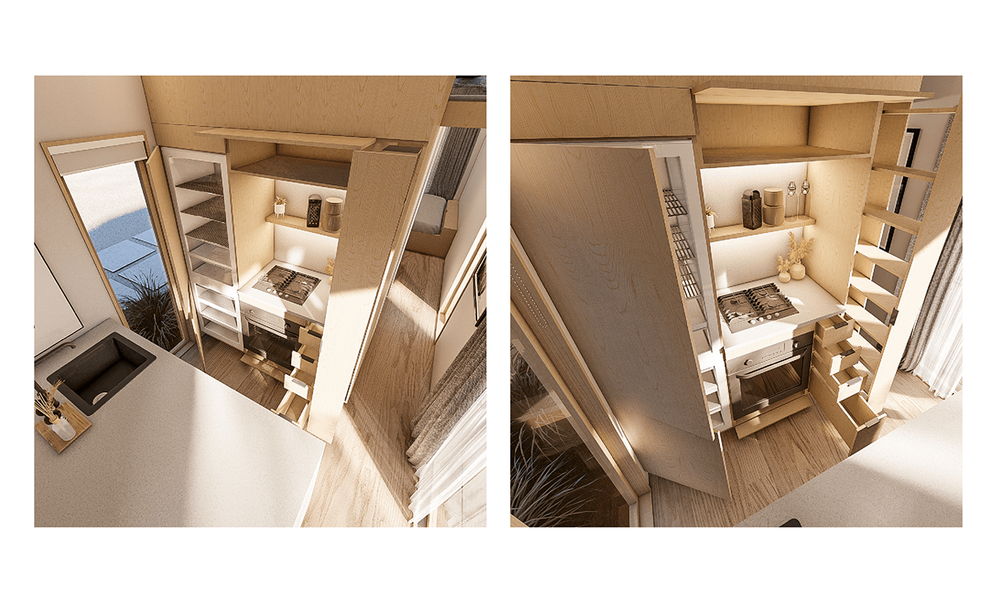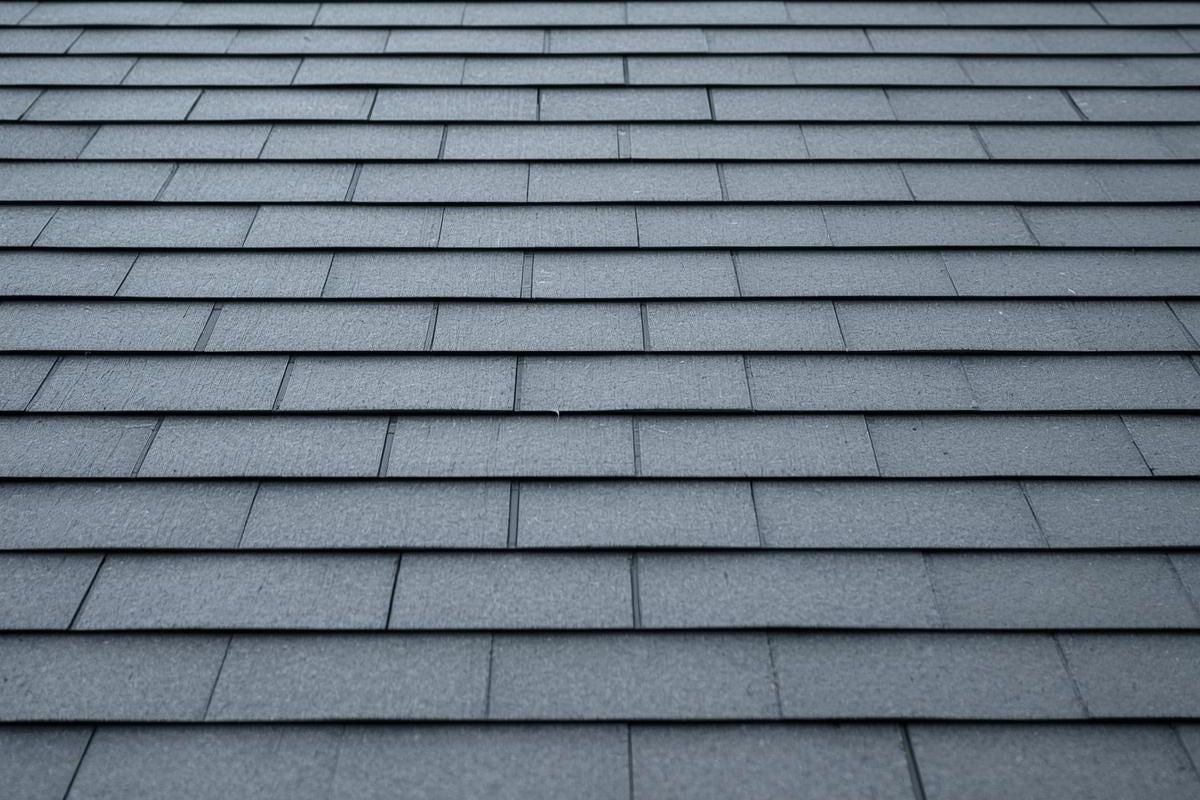The tiny home movement continues to gain traction across the United States and Canada as more people seek affordable, sustainable, and minimalist lifestyles. However, purchasing a tiny home involves unique considerations that go beyond traditional real estate transactions. From zoning restrictions to financing challenges, buyers must ask the right questions before committing to this lifestyle.
Local Realtors who specialize in small or non-traditional properties provide critical insight into these factors. Their understanding of regional regulations, financing options, and market dynamics ensures that buyers make informed decisions instead of costly mistakes.
This article outlines the most important questions to ask before buying a tiny home, supported by practical guidance from professional real estate experience.
1. Is the Property or Location Zoned for Tiny Homes?
Before purchasing a tiny home or a lot to place one on, zoning should be the first topic of discussion. Municipalities in both the U.S. and Canada regulate housing through zoning and building codes that define what can be built, where it can be located, and how it can be used.
Tiny homes, typically defined as dwellings under 400 square feet, often fall into gray areas between permanent residences, mobile homes, and recreational vehicles. This creates a need for clear verification before making a purchase.
Buyers should ask their Realtor:
-
Does the local government allow tiny homes on residential lots?
-
Are there specific minimum square footage requirements?
-
Can the structure be mobile, or must it have a permanent foundation?
-
What utilities are required for occupancy approval?
A professional local realtor to find homes can identify municipalities that support tiny home communities, accessory dwelling units (ADUs), or flexible housing initiatives. In the United States, states such as Oregon, Colorado, and Maine have embraced tiny living with updated zoning codes. In Canada, cities like Barrie, Calgary, and Kelowna are exploring bylaws to support secondary units and small dwellings.
Knowing the zoning laws upfront prevents buyers from purchasing land that cannot legally accommodate their plans.

2. What Type of Financing Options Are Available?
Tiny homes rarely fit into conventional mortgage categories. Because they often cost less than standard houses and may be movable, traditional banks sometimes classify them as personal property rather than real estate. This distinction affects loan eligibility and insurance coverage.
Realtors familiar with the tiny home market can guide buyers toward financing solutions suited to their circumstances. Common options include:
-
Personal loans or RV loans: For movable tiny homes built on trailers.
-
Chattel loans: For structures considered personal property but not permanently attached to land.
-
Land-plus-home loans: For buyers purchasing both a lot and a fixed tiny home on a foundation.
-
Credit unions and community lenders: Some smaller lenders have flexible criteria for non-traditional housing.
In Canada, the Canada Mortgage and Housing Corporation (CMHC) recognizes tiny homes if they meet minimum building standards and are affixed to permanent foundations. In the U.S., Federal Housing Administration (FHA) loans may apply in limited cases where the home meets HUD code requirements.
Before signing any loan, buyers should confirm that the financing covers construction, delivery, and installation costs. Understanding insurance requirements is equally essential, as movable units may require RV insurance, while stationary ones need homeowner policies.
3. How Much Will Land Preparation and Utilities Cost?
Buying a tiny home often means more than purchasing the structure itself. Whether the home is mobile or stationary, connecting it to utilities or ensuring off-grid capability adds significant costs.
Essential questions to ask include:
-
Does the property have access to water, sewage, and electricity?
-
What are the costs for installing septic systems or solar panels if off-grid?
-
Are there local service providers experienced in small or mobile home setups?
-
Will you need grading, foundation work, or permits for hookups?
In rural areas of both countries, land preparation can account for 20–40 percent of the total project cost. Urban or suburban buyers might face challenges connecting to municipal utilities due to local restrictions or infrastructure limits.
Realtors who understand local land development can connect clients with surveyors, utility companies, and contractors experienced in tiny home installations. This helps prevent underestimating total costs and delays caused by incomplete planning.
4. What Are the Long-Term Ownership Considerations?
Tiny home living offers financial freedom and simplicity, but ownership requires foresight. Buyers should evaluate long-term implications, such as resale value, maintenance, and property taxes.
Key questions include:
-
How does the local market treat tiny homes in resale situations?
-
Are there homeowners’ associations or community guidelines affecting property use?
-
What are the annual maintenance costs for utilities, land, and structure?
-
Are there tax benefits or penalties associated with small dwellings?
In the U.S., property tax policies vary depending on whether the home is classified as personal property or real estate. Canadian homeowners may face different assessments if their home is movable or placed on leased land.
Realtors often recommend buying in regions with a growing small-home market, as resale value depends on demand and community acceptance. Areas with established tiny home communities tend to show better long-term stability and buyer interest.

5. How Can a Realtor Help Beyond the Purchase?
The relationship with a Realtor does not end after the sale. Buyers of tiny homes often rely on continued professional support for updates, resale, or community integration.
A Realtor who specializes in alternative housing can assist with:
-
Identifying reputable builders and verifying construction standards.
-
Monitoring zoning changes or new development opportunities.
-
Providing resale guidance as the market evolves.
-
Offering connections to insurance, financing, and land-use specialists.
This ongoing partnership ensures that homeowners remain informed about shifting regulations and opportunities for value growth.
In both the U.S. and Canada, Realtors also stay updated on regional policies encouraging sustainable living and compact design, allowing them to share insights that benefit their clients long-term.
6. Practical Takeaways for Tiny Home Buyers
To make the most of a tiny home purchase, buyers should approach the process methodically:
-
Research local regulations before buying land or a structure.
-
Consult a Realtor early to ensure the property meets zoning and financing criteria.
-
Create a realistic budget including land, installation, permits, and furnishings.
-
Inspect builder credentials to ensure compliance with national safety codes.
-
Plan for the future, including resale or expansion possibilities.
A professional Realtor acts as a guide through each step, reducing risks and ensuring compliance with all local requirements.
Buying a tiny home offers an exciting path to financial freedom and sustainable living, but it also demands careful preparation. Every region across North America has distinct laws, financing rules, and utility standards that affect the buying process.
By asking the right questions and working with an experienced Realtor, buyers can turn a complex process into a manageable and rewarding experience. The expertise of local professionals ensures that every decision, from land selection to legal compliance, supports long-term comfort, security, and value.
Tiny homes may be small, but the considerations behind purchasing one are substantial. Knowledge, preparation, and professional guidance make all the difference.





Share: